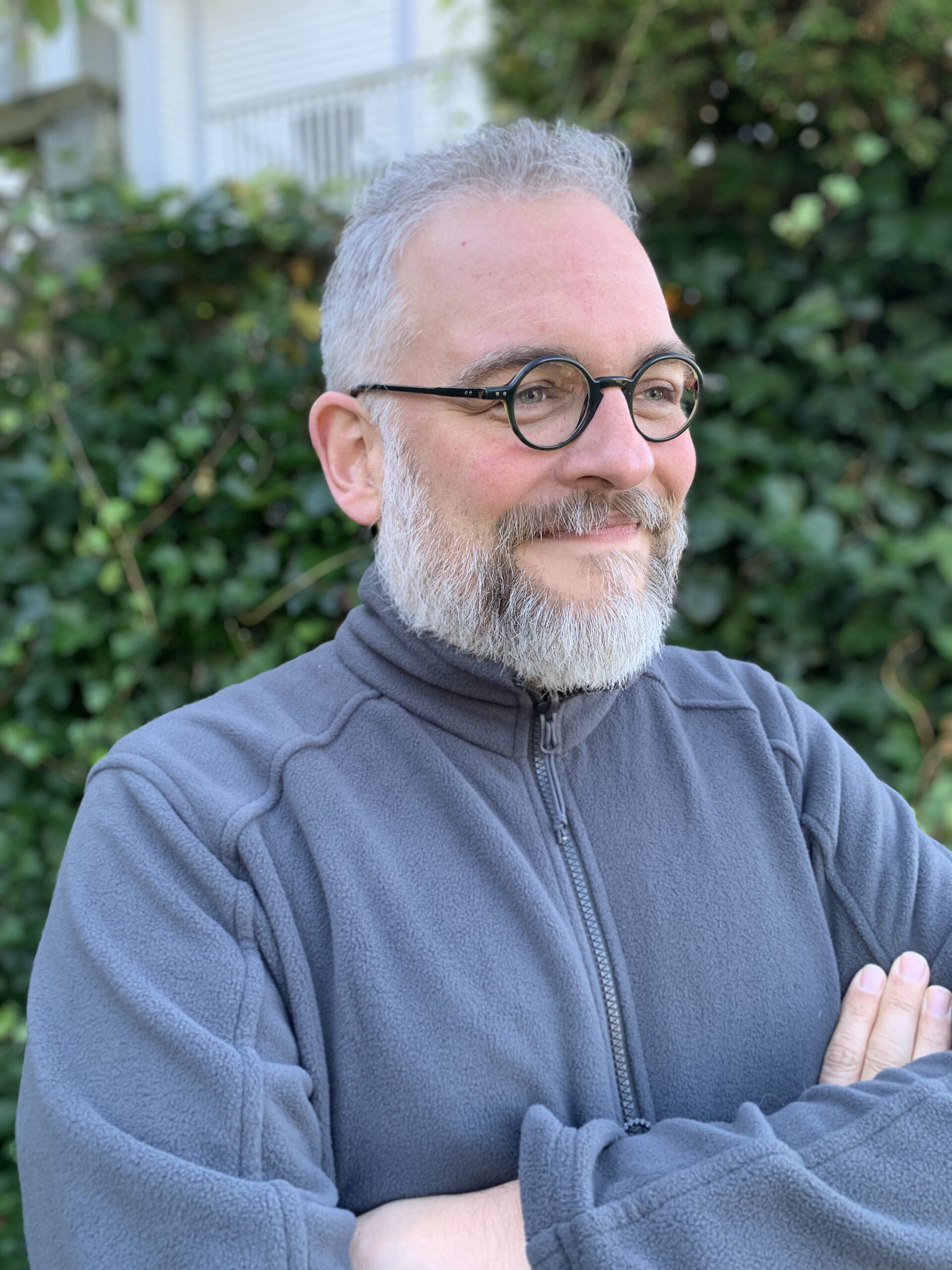Eight years. It feels like yesterday that I was pitching my wife this crazy idea for a column. I was going to call it “Between the Lessons.” The idea? Unearthing those forgotten stories from the Old Testament, the ones getting skipped over between the Sunday readings. Let’s just say, they weren’t exactly your typical bedtime stories. These weren’t stories for easy answers, but for grappling with the complexities of faith, morality, and the sometimes downright bizarre twists of scripture.
I remember The Difficult Story: the one from my first year of writing that almost had me second-guessing the whole project. We had to grapple with a story in 1 Samuel 15 where God seemingly commanded King Saul to commit genocide against Israel’s enemies. Even as I look back to it, the story raises uncomfortable questions about the current conflict in Israel/Palestine. Later, as I came to the end of 2 Samuel, I had to wrap my head around what to say about a story where God sends a plague as a punishment for a small infraction on King David’s part. Plague as punishment is problematic enough, but at that point, it was May of 2020. People were already talking about COVID-19 as some kind of punishment, and so I left the series unfinished, taking up other challenging topics, beyond the pages of scripture. Engaging with the tough stuff, the issues that make us squirm and question. Because let’s face it, faith shouldn’t be a comfortable echo chamber. It should be a constant wrestling match, a journey of exploration, not a destination with a pre-printed map.
Over the last few years, I’ve learned a lot about when to speak up, and when to shut up. Sometimes I had to back off from making jokes that were a bit too irreverent for the Church paper. Not that they weren’t funny, but that it wasn’t the time or place to make that kind of joke. At other times, I challenged some of the systemic problems in the Church or the world. I did that because it wasn’t the time or the place to stay quiet.
That’s why I never shied away from the thorny issues. The mental health struggles of clergy, often burdened by the weight of expectation and the weight of silence. The outdated structures of the Church, creaking under the strain of a changing world. The question of mission, that constant hum in the background: how do we, as Christians, navigate the 21st century with a faith that feels both ancient and ever-evolving?
But now it’s time to end this column. These past eight years have been a privilege—a chance to grapple with the big questions, prod at complacency, and hopefully spark a few lively debates along the way. But sometimes the walls of Institutional Christianity have felt like the edge of a map, with the world beyond shrouded in enticing mystery.
This next chapter, then, feels less like retirement and more like an expedition. There’s a whole world out there, teeming with opportunities to wrestle with faith and reality, to champion social justice, and to pursue a more meaningful Christian experience—not just for myself, but for all who yearn for a more compassionate and equitable world.
The conversation continues, of course, and I have a feeling the most impactful chapters are yet to be written. Keep asking those questions, keep wrestling with the ambiguities, and keep searching for meaning even when the answers remain elusive. That ongoing quest is the very essence of faith, a journey without a map, yet overflowing with the potential for adventure.




